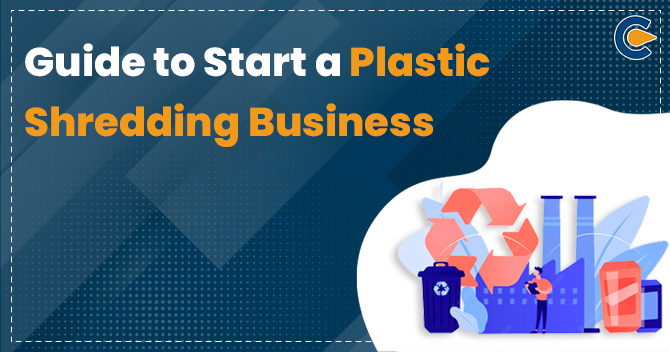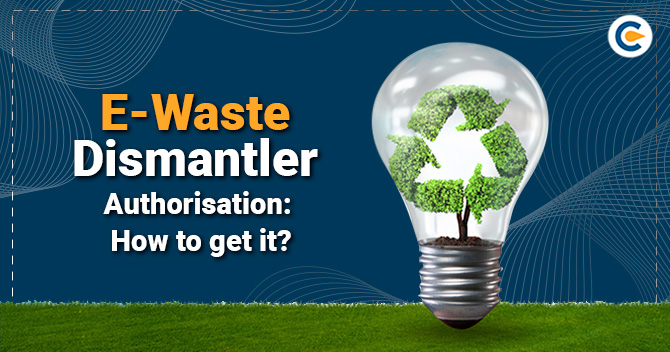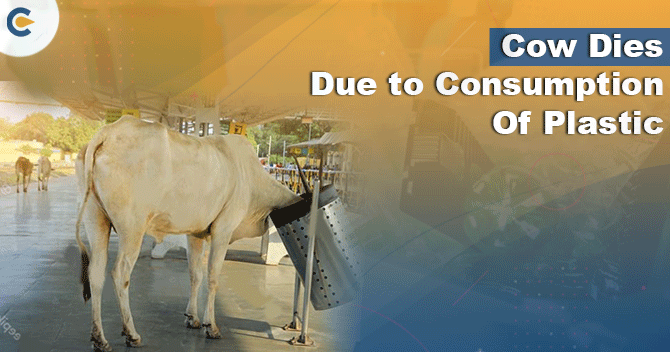Shredding or grinding plastic waste into tiny flakes is an essential step in recycling. Based on the classification and procedures implemented, the shredded plastic can be further processed. Any leftover contaminants is washed by breaking down the plastic into tiny pieces. Before choosing any waste plastic to make new products, these plastic components are evaluated for class and quality. The plastic pieces are then fed into shredders, which breaks it down into much smaller pieces. Unlike formed plastic products, these smaller pieces can be processed in subsequent steps.
Importance of Plastic shredding business in plastic waste processing
- Shredding makes the assortment of items to be recycled easier.
- Volume of the plastic waste can be reduced through shredding and so the space needed for storage of shredded plastic waste is reduced.
- Plastic waste needs to be melted into pellets or granules for it to be recycled. A shredded batch of plastic makes this process easier and more cost-effective.
Manufacture, import, stocking, distribution, sale and use of single-use plastic have been prohibited in the country by a 2021 notification issued by MoEF&CC with effect from the 1st July 2022 in an attempt to shift the industry’s focus on recycling.
Factors involved in Plastic Shredding Business
The basic requirements of starting a plastic recycling business are:
1. Market research
Knowledge about the raw material, its procurement and the finished product’s utility can be critical factors in building a profitable business. As India has banned the use of single-use plastic, it is safe to assume that the use of recyclable plastics like low-density polyethylene, Polyvinyl chloride (PVC), High-density polyethylene (HDPE), Polypropylene, Polyethylene terephthalate (PET) will increase and therefore will need recycling.
2. The technical know-how of the Shredding process
- The shredding business produces a free-flowing material suited to subsequent pre-melting processes such as magnetic separation, de-coating, removing unwanted wastes like paints, adhesives, and food particles sticking to the plastic waste, and heavy media separation etc.
- Plastic in any unwanted form can be transformed into manageable and valuable material that can be used for making various products.
- The bio-degradable waste (compostable or biodegradable plastic) decomposes faster when shredded. If properly shredded, the materials buried in landfills take much less space.
- After shredding, the plastic waste is melted and sent for extrusion, which basically melting the plastic flakes and pressing it through a machine called an extruder
- The shredded plastic particles are finally converted into pellets or granules and sold to the manufacturers.
- Unlike plastic granulators, shredders are designed for larger plastic wastes, like pipes, drums, car bumpers, and plastic waste that may be too large for a granulator.
- Various factors like the cost of the machine, its output rate and maintenance cost must be thoroughly compared among the available options before going for a plastic waste shredder.
3. Location and Space needed for a Plastic shredding business
- Proximity to the source of raw material, locations of other units involved in waste processing like plastic waste collectors, and rag-picking locations will be an intelligent approach. Locations like the outskirts of a town or city or nearby a landfill usually are preferred.
- The area required will depend upon the space needed for the required quantity of grinding machines, packaging and storage space and the intent of expansion and diversification of the business
4. Workforce
A plastic shredding/ grinding unit will require limited human labour because it is not as labour intensive as other stages like collection and sorting. The workforce required need not be highly skilled and can be trained easily.
5. Machinery required for Plastic Shredding Business
Different industrial shredders are available for plastic shredding depending on the size and type of plastic scrap to be processed. Machines required in plastic shredding are classified into the following types:
- Granulators: they are usually of different types depending on the size and functionality and function at a speed of 400 to 500 rpm
- Shredders: they tend to operate at a lower speed (100 to 130) than a granulator. Using mega-shredders in large-scale waste disposal systems like municipal landfills has many benefits.
- Hammer mills: as the name suggests, hammer mills employ swivelling and are used when shattering or pulverisation of plastic waste is needed.
- Chippers: they are high-speed rotatory knives that can reduce plastic in flakes and chips
- Shear Shredders: this kind of shredder employs rotary cutters for cutting materials according to the manufacturer’s needs.
- All-Purpose shredders: these have the slowest rotators, but the highest torque and are most commonly used
6. Cost involved in establishing a Plastic Shredding Business
The cost involved depends on the unit’s size and the shredding machine’s capacity, ranging from 1 to 2.5 lakh a unit (semi-automatic) and can go up to 16.5 lakhs or more. At the same time, a grinder can cost anywhere from 80,000 to 16 lakhs according to size and functionality. The total cost of the small setup can be anywhere between 10-15 lakhs.
Government Initiative to promote Plastic Shredding Business
Department of Chemicals and Petrochemicals had planned to set up six Plastic Parks in India. This Megaproject was initiated in 2013 and aimed to set up need-based plastic parks with an ecosystem, enabling common facilities through a cluster development approach. These Plastic Parks have been approved in the states of Madhya Pradesh, Assam, Odisha, Jharkhand and Tamil Nadu. The Government has planned to provide grant funding up to 50% of the project cost, subject to a ceiling of Rs. 40 crore per project, while the remaining project cost is funded by the State Governments, state industrial Development bodies and the beneficiary industries (PIBOs)
The Panchayats under the Gram Panchayat Development Plan (GPDP[1]) are also tasked with building Plastic Management capabilities by setting up small units like a plastic shredding business. Under Swachh Bharat Mission (Gramin), the government will also provide financial assistance.
Conclusion
Shredding is a vital component of the whole waste processing process. The global waste management market is estimated to be about 1.6 trillion USD in 2020 and is projected to register a value of 2.5 trillion USD and a CGAR of 3.4 % from 2021 to 2030. The plastic shredding business has a significant chunk in this market and can be tapped. More than 40 manufacturing units use recycled PET as raw material in India. Therefore there is a good demand for recycled PET. With the government partially lifting the ban on the import of plastic waste to be recycled in the country, the possibilities for domestic and international markets have also grown.
Read our Article:Draft of E-waste Management Rules











